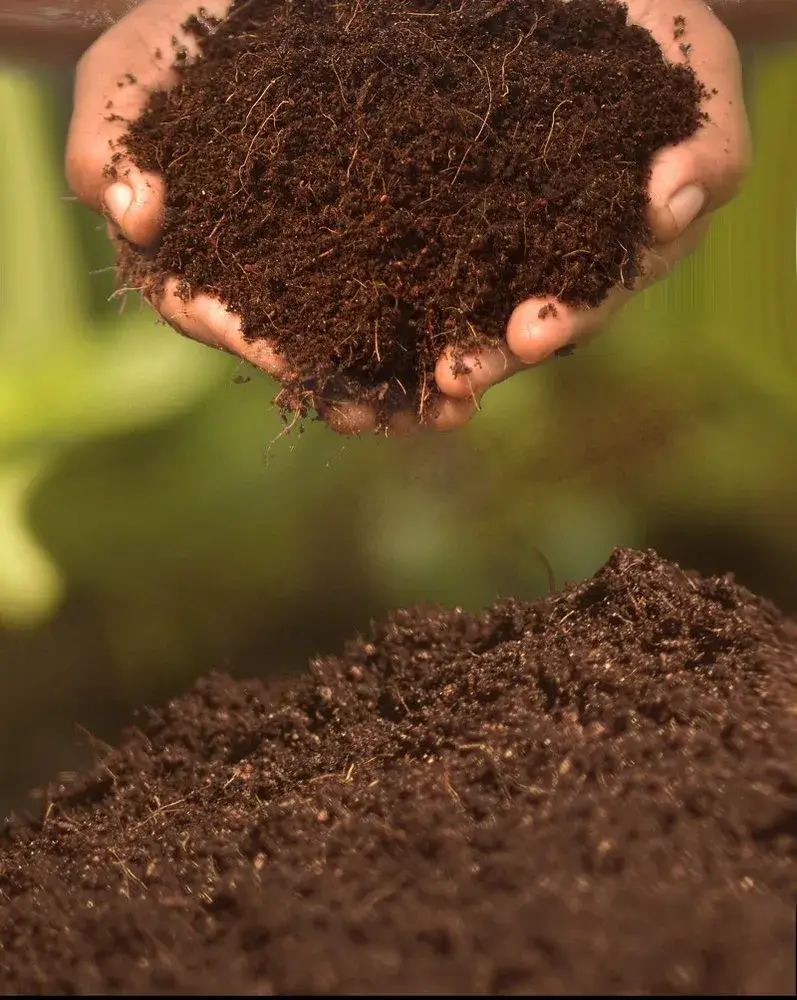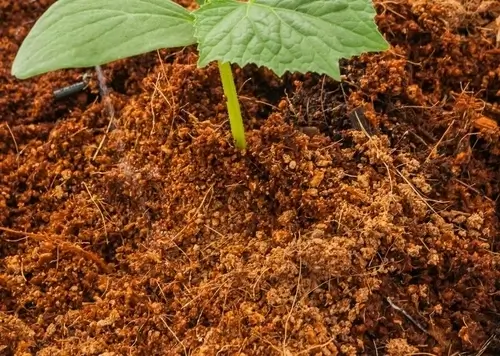Coco peat supplier in Kenya

Aqua Hub Kenya is the number one coco peat supplier in Kenya. We supply coco peat in different quantities. The product is available in blocks or in loose form. Our coco peat is of high quality, and it is treated. We make the coco peat from coconut husks, which is sourced from Mombasa. We do delivery for the coco peat in where in the country.
It contributes to the creation of a viable alternative for the propagation of seedlings and the production of flowers. In addition to that, it is for use in hydroponic farming and in the amendment of soil. Tomatoes, cabbage, onions, peppers, and fruit trees are just some common commercial food crops that are cultivated on seedling trays. There are many others. Watermelon, cucumbers, squash, and butternuts are among the vegetables that can be seen growing naturally in open fields. Washing and treating it will help it function more efficiently. This is due to the presence of soluble salts, sodium in particular, which are responsible for root hair burning and, as a result, poor germination.

What is coco peat?
Coco peat is a growing medium that is formed of coconut husk. It can be used for a variety of purposes. The fibrous coconut husk is pre-washed, machine-dried, sieved, and made free of sand as well as other contaminations including animal and plant waste. These processes are done before they are used.
Cocopeat is an excellent replacement for more conventional materials like peat moss and rock wool. Because of its great water-holding capacity and air-filled porosity, it is an excellent growing medium for plant crops. It is completely organic and beneficial to the environment, as well as devoid of soil-borne pathogens and weeds. It has an appropriate EC level of 1 mS/cm for plant growth and has a pH that ranges from 5.7 to 6.5.
When used by itself or mixed into the soil as an ingredient, it boosts water retention, improves aeration, and inhibits the growth of fungi, all of which are beneficial to the plant.
We develop, package, and we are the coco peat supplier of the highest possible quality for the local and international export markets, including Coco Peat/Coco Coir, Exfoliated Vermiculite, Expanded Perlite, Peat Moss, and Vermicompost.
What are the Properties of Coco Peat?
- Cocopeat is not only lightweight and simple to work with, but it can also be recycled for up to four years.
- Cocopeat is resistant to the growth of bacteria and fungi due to its unique combination of physical and biochemical qualities.
- Cocopeat crumbles apart in a measured manner. It is not until it is ten years old that it starts to degrade, which results in the provision of long-term advantages.
- It has a pH ranging from 5.2 to 6.8, which indicates that it is either neutral or slightly acidic. Because of this, it is an excellent component for the creation of alkaline garden soil. Learn more about the effects of soil pH on plant growth by reading about it.
- Cocopeat has the ability to store nutrients for extended periods of time and then gradually release them to plants.
- It has excellent oxygenation qualities, which are essential for the establishment of healthy root systems.
- Cocopeat can be utilized either on its own or in conjunction with other typical components, such as soil and manure, to create a mixture or an independent product.
- Cocopeat is offered for sale at prices that are reasonable for a quality product that has a future that is environmentally sustainable.
- Cocopeat is the ideal soil conditioner since it can hold on to up to eight times its volume in water without drying out. It is made entirely of organic materials.
- Cocopeat has a texture that is constant and uniform throughout, and it is simple to work with. It is not like soil in that it does not produce any mud.

What are the main type of crops grown with coco peat?
- Vegetable seedlings: Mainly tomatoes, cabbages, kales, sweet pepper
- Plants kept indoors in containers.
- Young cuttings and plantlets such as roses, geraniums, carnations, and other varieties.
- Cut flowers, bulbs, and other mature crops currently growing in the field.
How to use coco peat
Preparation is required before using coco peat. Poor germination will occur as a result of excessive sodium in the medium if it is not treated. First, the cocopeat is soaked in water to hydrate it, and then calcium nitrate, which can substitute sodium salts, is added to the mix. The salts can be removed in this reaction, which takes around 24 hours. After that, it is thoroughly rinsed. Finally, the water is drained and the EC is measured to check that it falls within the appropriate pH range. For seedlings, a pH of 6.5 is optimum. Seedling trays or pots are then used to grow the medium. In a shade net or greenhouse, the seeds are then planted one by one.
